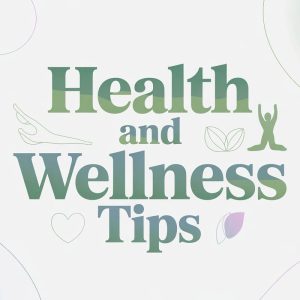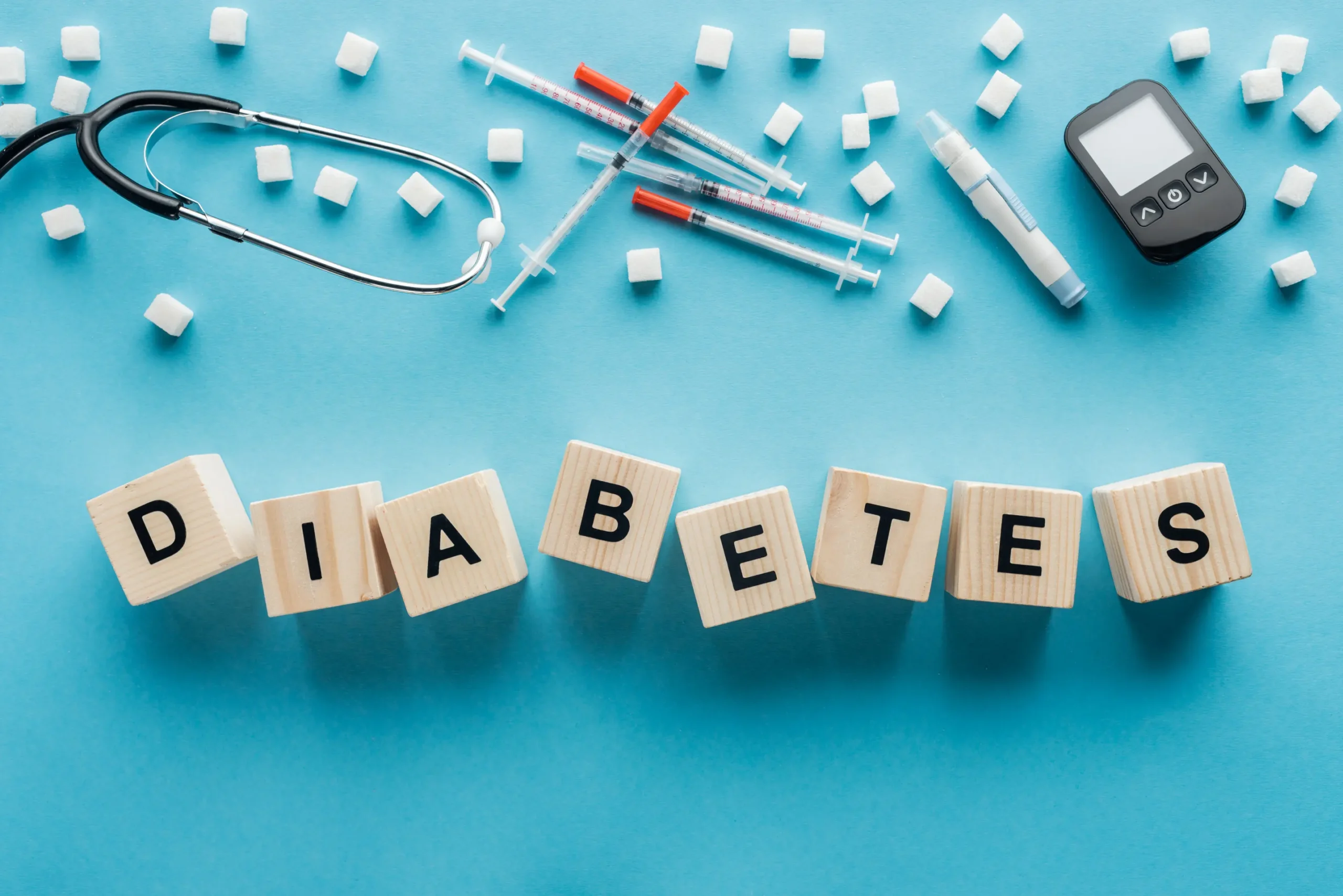Taking prescription medications is a common aspect of healthcare, but it’s crucial to do so safely and responsibly. In this guide, we’ll explore essential tips to ensure you get the maximum benefit from your prescribed treatments while minimizing potential risks.
Additionally, for a reliable source of affordable and trusted global medications, you can visit borderfreesupply.com. It is a leading prescription referral service, connecting patients with the medications they need.

Content
1. Follow Your Doctor’s Instructions
The cornerstone of safe medication use is diligently following your healthcare provider’s instructions. This includes dosage, frequency, and any specific instructions regarding food or other medications.
2. Understand Your Medications
Take the time to learn about the medications you’re prescribed. Know the generic and brand names, the purpose of each drug, and any potential side effects or interactions.
3. Keep a Medication Journal
Maintaining a record of your medications can help prevent accidental overdoses or missed doses. Include the name of the drug, dosage, and the time you took it.
4. Store Medications Properly
Keep your medications in a cool, dry place, away from direct sunlight and out of reach of children and pets. Some medicines may require refrigeration, so follow specific storage instructions.
5. Check for Expiry Dates
Expired medications may not be as effective or safe to use. Regularly check the expiration dates on your medications and dispose of any that have passed their use-by date.
6. Avoid Alcohol and Illicit Drugs
Alcohol and certain recreational substances can interact with medications, leading to adverse effects. Always consult your healthcare provider about potential interactions before consuming them.
7. Never Share Medications
Prescription medications are tailored to an individual’s specific needs and health conditions. Sharing them with others can lead to serious health risks.
8. Report Side Effects Promptly
If you experience any unexpected side effects or adverse reactions, contact your healthcare provider immediately. They can advise on whether adjustments to your medication regimen are necessary.
9. Be Mindful of Allergies
Inform your healthcare provider of any allergies you have, including medication allergies. This information is crucial in ensuring you’re prescribed medications that are safe for you.
10. Attend Regular Check-ups
Scheduled follow-up appointments with your healthcare provider are essential for monitoring the effectiveness of your medications and making any necessary adjustments.
11. Dispose of Medications Safely
Do so responsibly when it’s time to discard expired or unused medications. Many pharmacies have medication disposal programs, or you can ask your local health department for guidance.
Conclusion
Taking prescription medications is a significant aspect of managing various health conditions. However, safety should always be a top priority. By following these guidelines, you can ensure you’re getting the most benefit from your prescribed treatments while minimizing potential risks.

Jesus is a health blog author who has been writing about nutrition, fitness and healthy living for over 10 years. He also loves to run, hike and bike with her wife.






